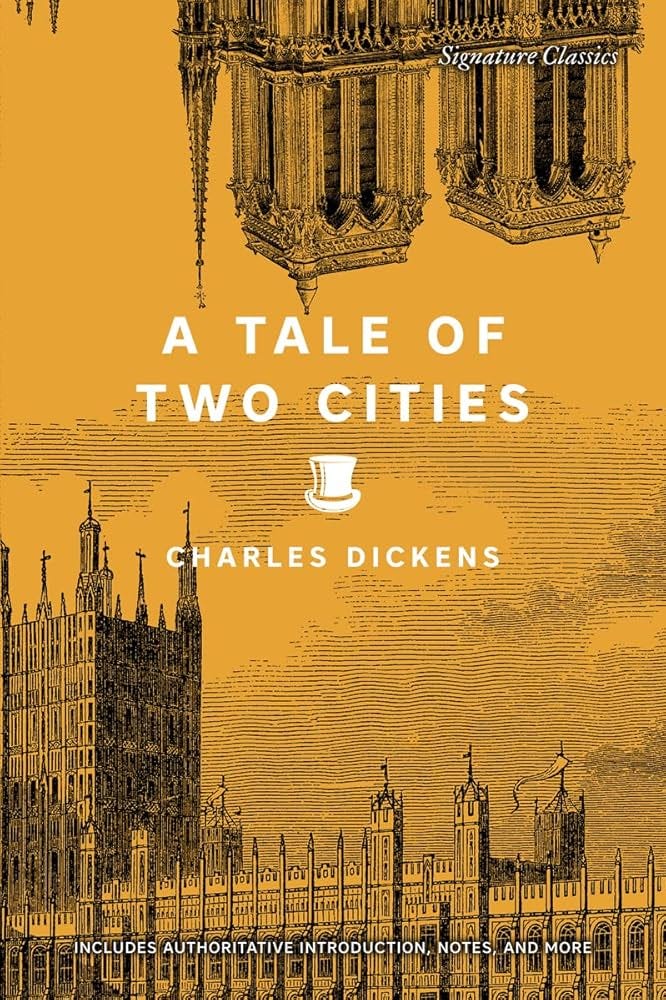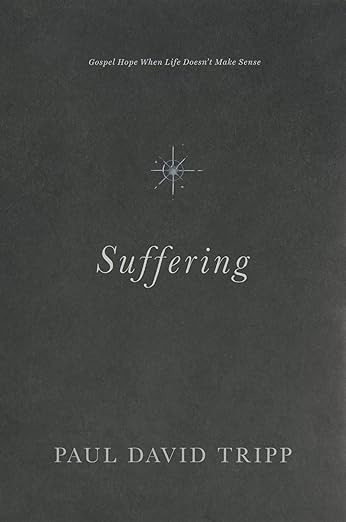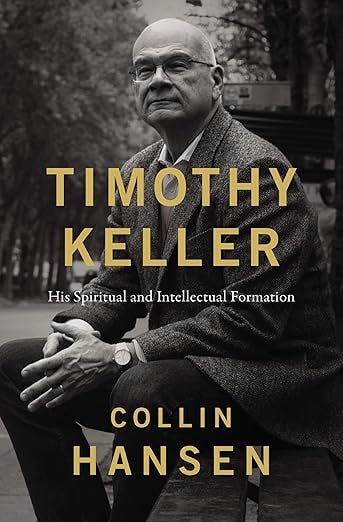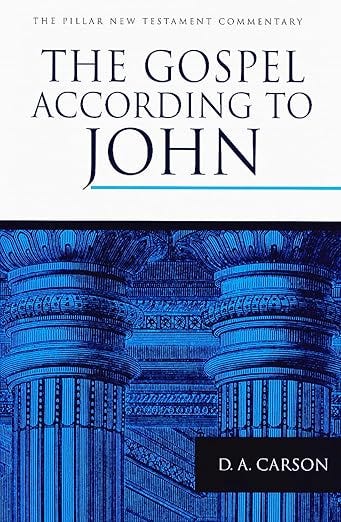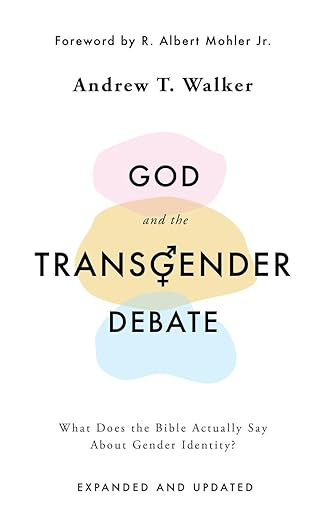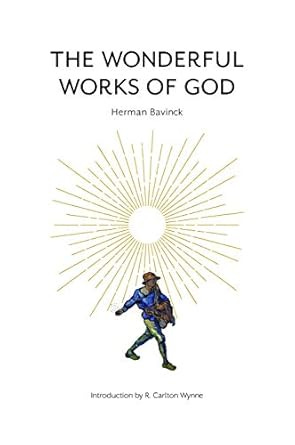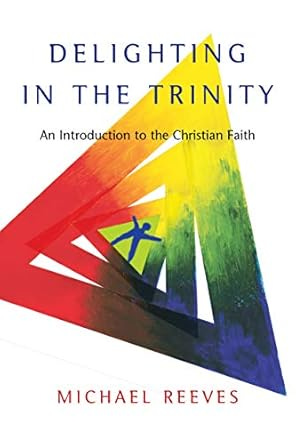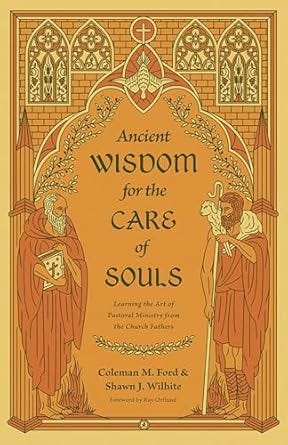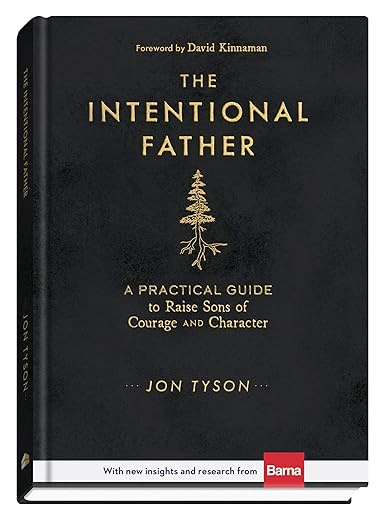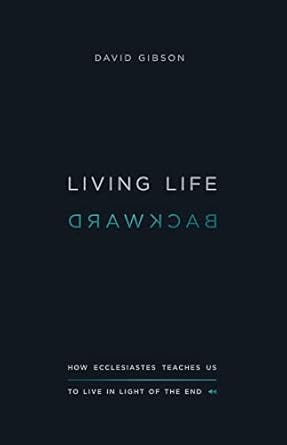I like to read. When I’m not with my family, friends, or working, I’m likely reading. That doesn’t necessarily mean I read a lot as having two kids under three makes that hard. While I probably read more than some of you reading this article, I’m sure there are plenty of you who read more than I do. All that to say, I like to read.
It is worth mentioning that I mostly read nonfiction, but I’m a believer we have to feed our imagination too. I’m a better husband, father, and pastor because I read fiction. I really believe that. Stories have a profound way of shaping our worldview. So although this list is mostly non-fiction, I hope you find some good novels too.
This list won’t be for everyone. That’s alright. I’m not saying you should read these books, I’m just saying they’re worth your time if you’re looking for something to read. These are not in any kind of ranked order, it is merely a list.
Lastly, if you don’t have much time to read, then the one book you should read is the Bible. If you only have 15 minutes a day to read, read that. But try and make time for other good books too.
“In the case of good books, the point is not to see how many of them you can get through, but rather how many can get through to you.”
Mortimer J. Adler
A Tale of Two Cities: A classic that I finally got around to reading. It is a story of love, redemption, and sacrifice. It may take some discipline to get through the first third of the book but it will then grip your heart. If you haven’t read this, you should.
“It is a far, far better thing that I do, than I have ever done; it is a far, far better rest that I go to than I have ever known.”
Suffering: Although I enjoyed this book thoroughly, it is not from a place of suffering that I read this. My enjoyment was the author’s raw transparency to the questions asked of God in his own season of suffering and the gospel hope that he offers. I have experienced little suffering in my life compared to others. So I may not know if this book is good for the suffering you’re in right now, but I know that I am grateful to have read it before experiencing the suffering I know is sure to come in my life.
“Hope is not found in trying to solve all the mysteries that suffering brings our way but in running into the arms of the One who has no mystery and offers us pressence, power, and promises.”
Timothy Keller: There are few modern individuals who have shaped the way I think more than Tim Keller. I am grateful for the man he was for God’s kingdom, his lasting impact on the church, and for this book. It is less of a biography about all that Keller achieved (as I don’t think he would like if that was written) and more of a guided journey through the life events that shaped his character and convictions. It made me laugh, cry, and be grateful to God for the small things in Keller’s life that have led to the profound impact he has made in my own life and so many others.
“He preached to the heart as he taught to the mind. He expected much of church members—his view of revival involved large binders full of training notes.”
The Gospel According to John: This was my first time reading a commentary cover to cover and it was worth the effort. Before reading this I would have said John was my favorite of the four Gospels, but now it is solidified. Carson speaks to the contextual information like the academic scholar he is while remaining deeply pastoral in the application. If you’re looking for a resource for study or you want to try your hand at reading through a commentary, start here.
“…many of the central, thematic words of this Gospel are first introduced in these verses…But supremely, the Prologue summarizes how the ‘Word’ which was with God in the very beginning came into the sphere of time, history, tangibility—in other words, how the Son of God was sent into the world to become the Jesus of history, so that the glory and grace of God might be uniquely and perfectly disclosed.”
God & The Transgender Debate: A difficult topic handled with grace and truth. Walker was one of my professors in seminary and I always appreciated the way he taught in class and I am grateful he has taken the time to write this book. Every word in here is for the good of people. If you’re looking for a resource on what to think about the topic of transgenderism or, more importantly, on how to care for people, then read this book.
“We must be patient as we walk alongside those experiencing the anguish of gender dysphoria. We must be patient as we engage with those angry at the Christian gospel’s good news about God’s design for gender. We are not here to win arguments. We are here to love people.”
The Wonderful Works of God: If you want to get into reading dead theologians, Bavinck is a great place to start. While the page count might be daunting (695), the content is accessible and worth your efforts. Bavinck (1854–1921) was a dutch theologian and professor in Amsterdam. This is the condensed version of his four-volume systematic theology and is consider by some to be one of the finest single-volume Reformed systematic theologies available.
“In Christianity the heavens do open, and God descends to the earth. In the other religions it is man whom we always see at work, trying by the achievement of knowledge, by keeping all kinds of rules, or by withdrawal from the world into the secrecy of his own inner life, to obtain redemption from evil and communion with God. In the Christian religion the work of men is nothing, and it is God Himself who acts, intervenes in history, opens the way of redemption in Christ and by the power of His grace brings man into that redemption and causes him to walk in it.”
Delighting in the Trinity: I believe there is not a more neglected doctrine in the church than that of the Trinity. This book was a refreshing reminder that all of the Christian life is grounded in our delight of God, the Triune God. Reeves unpacks the beauty, significance, and necessity of the Trinity for the reality in which we live. This book is very approachable and full of wonderful truths in which I hope you delight!
“…Christianity is not primarily about lifestyle change; it is about knowing God. To know and grow to enjoy him is what we are saved for…”
Ancient Wisdom for the Care of Souls: Although this book is more of a pastoral resource, it may be refreshing to read how the earliest pastors of God’s people cared for their souls. Being a pastor is a great privilege. It is a role that I do not take lightly. This book gave me the brief opportunity to feel like I brushed shoulders with the some of the earliest church fathers to get a glimpse of how they cared for God’s people. I am thankful to be reminded of what it means to be a shepherd as well as be challenged in the practicals of what it means to care for a soul.
“Defining theology as a purely intellectual enterprise betrays a misunderstanding of theology altogether. And pursuing soul care apart from a deep well of theology leads to dry human pursuits with parched human solutions. Instead, we must drink from the deepest wells of contemplative theology to minister to all those who are thirsty.”
The Intentional Father: Being a father is one of the three greatest callings of my life; second to being a husband and before being a pastor. This book is built on the conviction that we must be intentional with our kids. This season with them will go by fast and we must not miss the opportunity to love them, shape them, and equip them for life once they leave our homes. Deeply rooted in the gospel, this book is a toolkit for fathers raising boys through the years of 13–18. Although, the vision that is cast will have you thinking intentionally about your fatherhood before your kids get to that age.
“When there’s no older generation intentionally ushering boys into manhood, when there’s no tribe of mentors or fathers taking their sons along a predetermined path, many of our young men try to establish themselves, attempting to walk through the wilderness of adolescence with the hope that, somehow, they’ll find their way into adulthood on their own.”
Living Life Backward: Death has a lot to teach us about life. We would be wise to start at the reality of our end, death, and allow that to influence the way we live our lives now. Gibson saturates himself in the book of Ecclesiastes to allow the impending fate of our death to cast our eyes through death to a hope that can enliven our days now. Do not go all of life without thinking about your death. Avoiding this reality will not lead to a life of substance and wisdom.
“But the wise person sits in the funeral home and stares at the coffin and realizes that one day it will be his turn…the person who lives like this is not morbid. On the contrary, what characterizes a person who lives like this is depth; they have depth of soul, depth of character. But superficiality is the mark of the escapist who is living in denial.”






